A framework of beams and columns in which inclined, often diagonal, structural members brace the building and provide strength and rigidity. The bracing can take a variety of forms. If diagonal members are stocky they resist both tension and compression forces. However if slender, they resist tension forces only. Usually, braced frame members are triangulated and meet at joints (similar to a vertical truss). Eccentrically Braced Frames are the exception - their inclined members are deliberately offset at joints in order to create ductile fuse regions in the steel beams. Braced Frames may or may not be infilled.
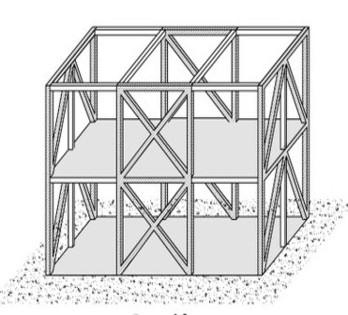
A simplified drawing of a typical cross-braced frame structure (A. Charleson, Seismic Design for Architects, Architectural Press 2008, p. 64, Fig. 5.2).
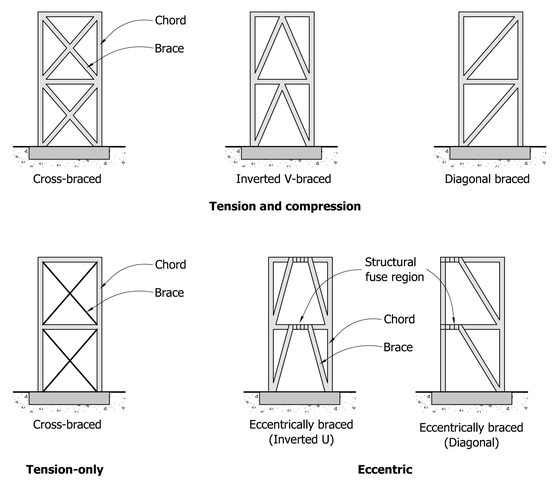
Examples of different types of braced frames (A. Charleson, Seismic Design for Architects, Architectural Press 2008, p. 77, Fig. 5.23).
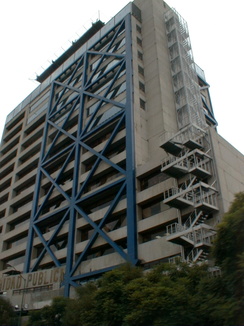
Exterior braced frame as a retrofit scheme for a reinforced concrete building, Mexico (C. Scawthorn)
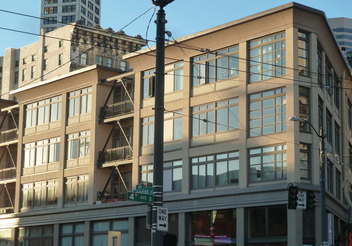
Braced frame (Chevron braces), Seattle, USA (S. Brzev)
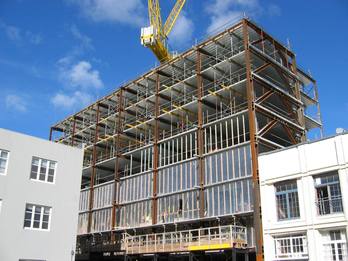
Eccentrically braced steel frame under construction, New Zealand (A. Charleson)
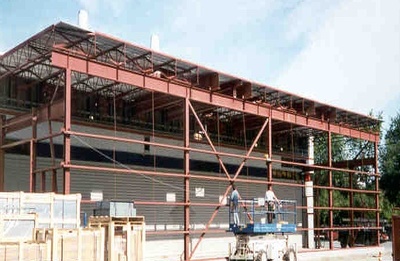
Concentrically braced steel frame under construction, Canada (S. Brzev)
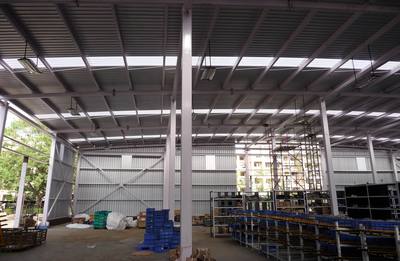
Concentrically braced frame, India (A. Charleson)
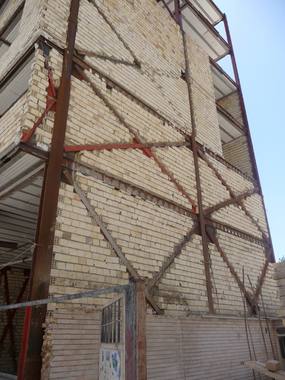
Braced frame, Iran (A. Charleson)
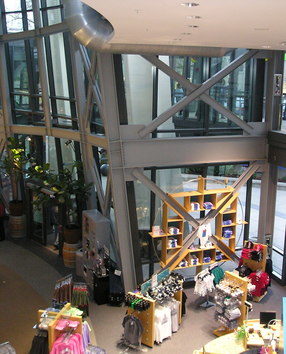
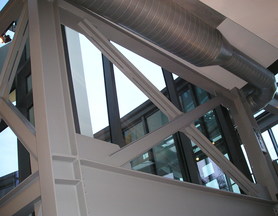
Steel braced frame, Seattle, USA (S. Brzev)
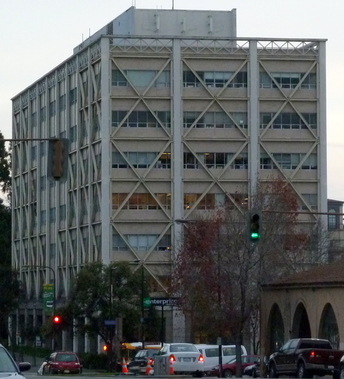
Exterior steel braced frame as a retrofit solution, University Hall, University of Berkeley, California (S. Brzev)
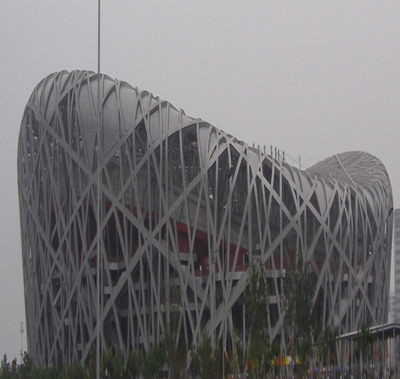
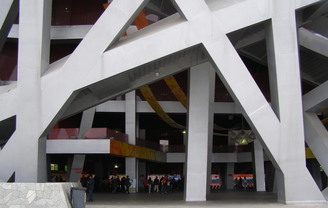
Birds Nest Stadium in Beijing, China has a 3-D braced frame structural system (S. Brzev)


